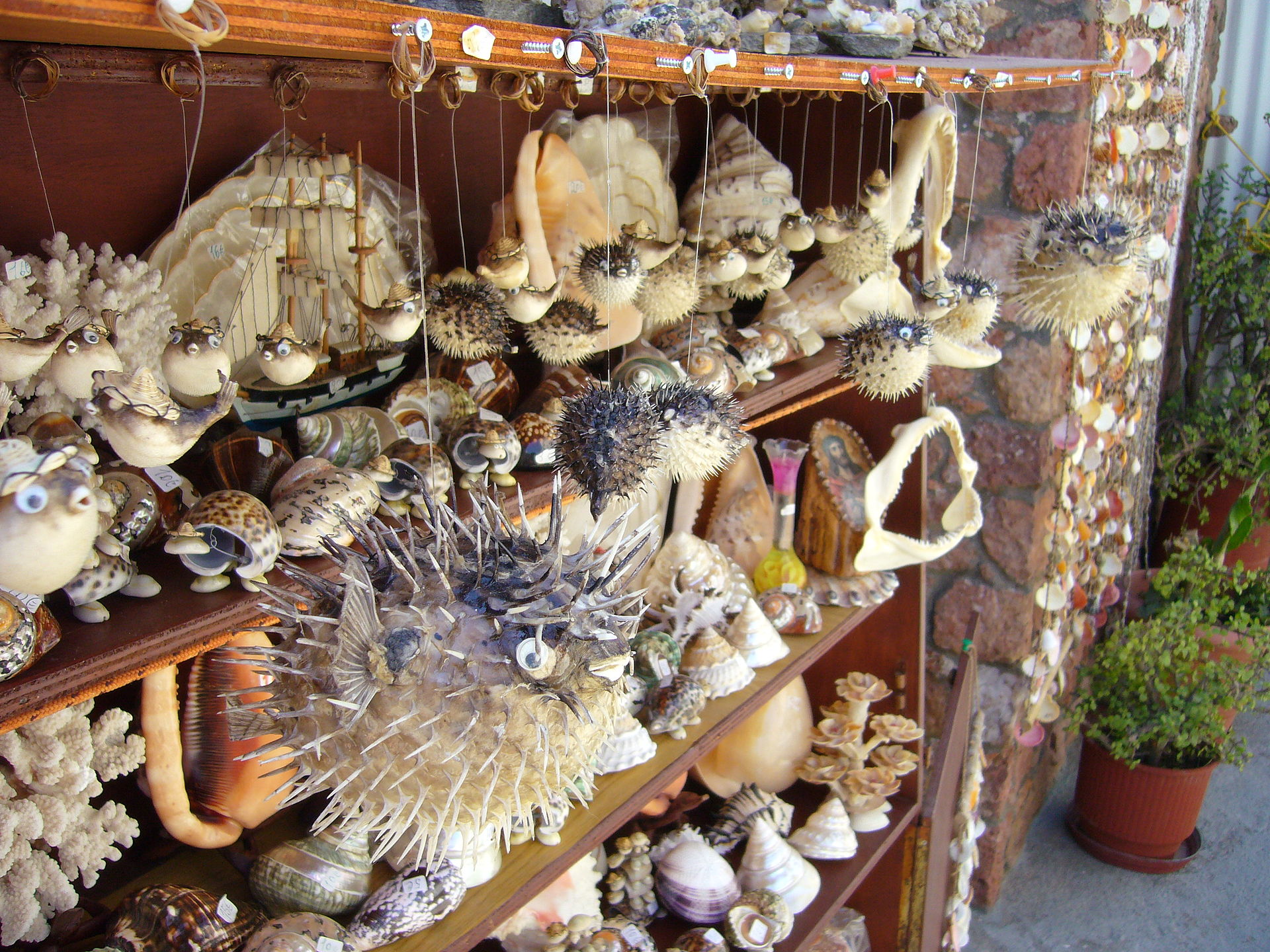We are witnessing an unprecedented and alarming rise in illegal wildlife trade. The problem goes beyond the overexploitation of endangered species or habitats. It can result in severe disturbances to entire ecosystems. It affects human livelihoods and is closely linked to corruption. Thus, it has severe economic and security implications.
Fortunately, wildlife crime has recently come to the forefront of political attention. Yet, the challenge remains. For the EU to counter current trends, as also called for in the EU Action Plan against Wildlife Trafficking, we need a more stringent enforcement of the existing rules for EU Member States, including CITES.
However, in order for the EU to lead the efforts and to eventually eliminate illegal wildlife trade, additional tools and further legislative measures are also necessary, as this INI report rightly points out. We need to apply robust and effective sanctions, enhance funding, research, training, change consumer behaviour, foster cross-border cooperation and work hand-in-hand with local communities.
Only an integrated approach to wildlife crime can be successful. Besides making efforts to tackle both the supply and demand side, this requires a combination of anti-corruption and nature conservation aspects and the implementation of solutions with shared responsibility across various stakeholders.
(Image source: en.wikipedia.org)

